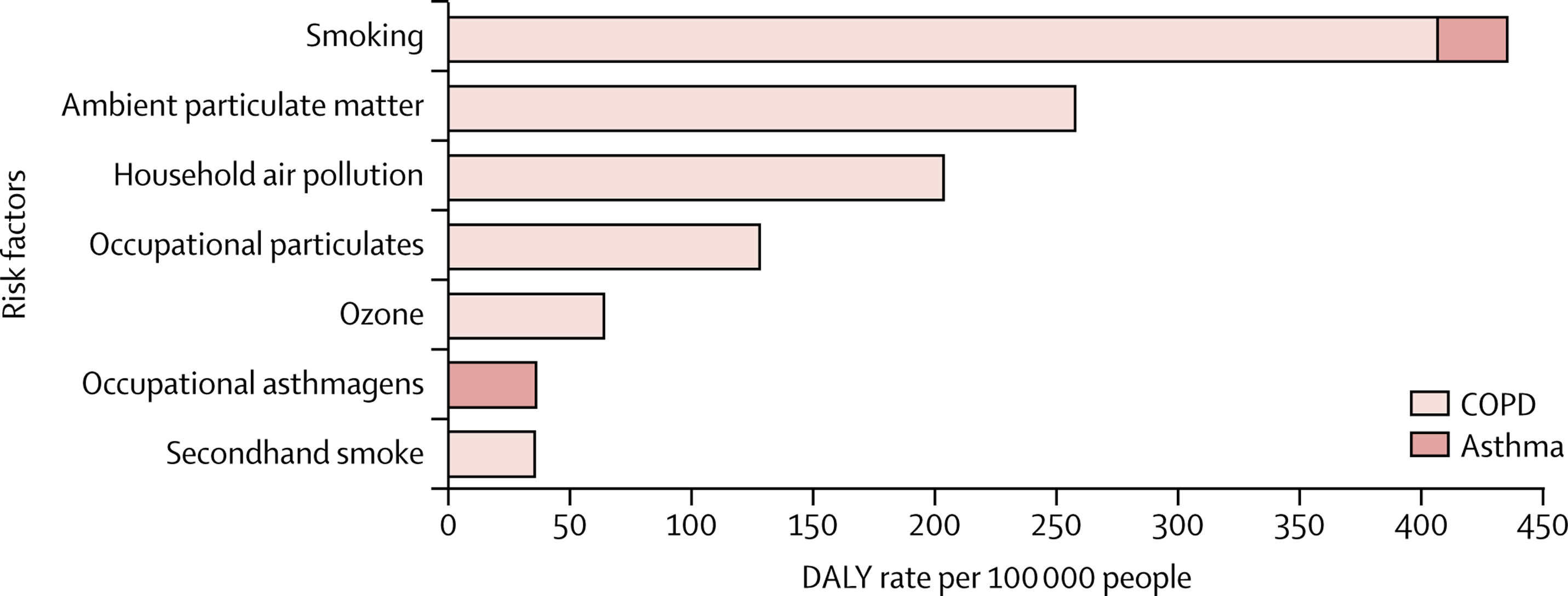A major challenge in healthcare, particularly for older people, is that patients are ending up on many medicines, termed ‘polypharmacy’. Polypharmacy can be either ‘appropriate’ or ‘problematic.’ With the latter, prescribing professions are traditionally better at starting medicines than stopping them (for a variety of reasons), which means that patients are too often left with problematic polypharmacy that can lead to side effects, interactions, and an inability to manage to take them all.
The NIHR Collaboration for Leadership in Applied Health Research and Care for Northwest London (CLAHRC NWL) have an active Medicines Optimisation work stream. A lot of work has been done around the need for medication review and stopping unnecessary medicines when problematic polypharmacy occurs. The term ‘deprescribing’ has emerged strongly in the literature and CLAHRC NWL have put together what we think is the first journal issue devoted to the topic of deprescribing.
The themed issue is particularly noteworthy due to the international contributorship, including key thinkers on this topic from Australia, Ireland, Israel, and UK. Barry Jubraj, Honorary Pharmacist for Medicines Optimisation at CLAHRC NWL, co-edited this themed issue and the CLAHRC NWL team contributed to several papers, including outlining a strategy for educating students and junior clinicians about the need to undertake medication reviews. This is a novel piece of work covering an issue close to the working practice of healthcare professionals in Imperial and beyond; the web version is currently available and the print version is forthcoming.
